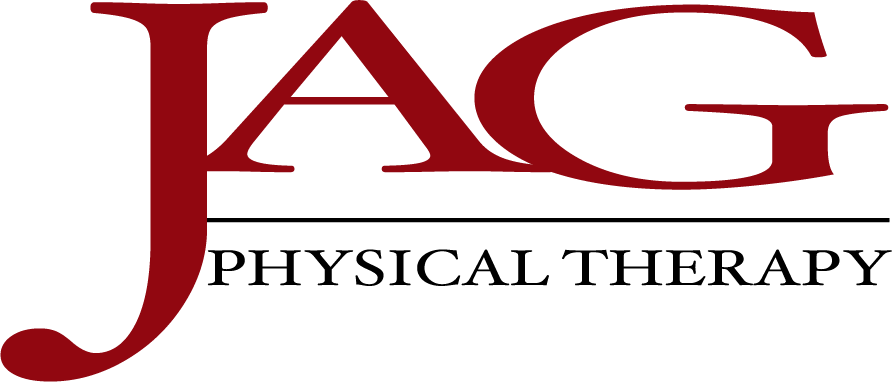Written by Katelyn Sheehan, PT
The inguinal region can be thought of as the front of the groin, or that notorious “V” that is formed between the top or your pelvis and pubic bone. This area is one of the most common areas to have a hernia, especially in men. A hernia is a weakening or an opening within a structure, commonly connective tissue. Inguinal hernias are those same openings, but in the inguinal canal. The inguinal canal is essentially a tunnel made up of our external oblique muscle, internal oblique muscle, transverse abdominis muscle, connective tissue, and the inguinal ligament. In that tunnel we have several important structures including nerves, arteries, veins, the spermatic cord in those born with male genitalia, and the round ligament in those born with female genitalia.
People can be born with or develop an inguinal hernia over time that may require surgery to fix. To have the hernia repaired, a piece of mesh is placed over the opening to keep the inguinal canal supported and closed. However, many people have pain after this surgery, and the pain can be long-lasting if not addressed.
The nerves that are in the inguinal canal that are most associated with pain are the ilio-inguinal and genitofemoral nerves. These nerves give sensation to the genitals in both men and women. If these nerves are damaged in surgery or compressed too much from the mesh or scar tissue, they can result in decreased sensation or pain to the genitals. In addition, the spermatic cord or the round ligaments may also generate pain in the groin, around the uterus, or in the testes.
After the surgery these nerves and structures can continue to be compressed and irritated. The most common causes of pressure onto the inguinal canal include abdominal tightness, abdominal weakness, scar tissue restrictions, overuse of abdominal pressure for lifting (including breath holding), straining for constipation, and chronic coughing, just to name a few.
If you have had an inguinal hernia repair and have been experiencing any pain, follow up with your doctor and see if you might benefit from physical therapy to address nerve irritation, tissue restrictions, and management of abdominal pressure.
